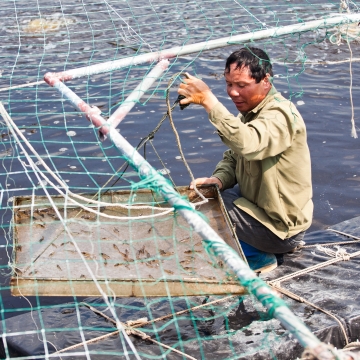The role of coastal communities on the management of marine turtles in Central America: The case of Ostional Wildlife Refuge
To understand under which conditions a co-management alternative (a shared effort between the central government and the local community) might work to guarantee the sustainable use of a complex
